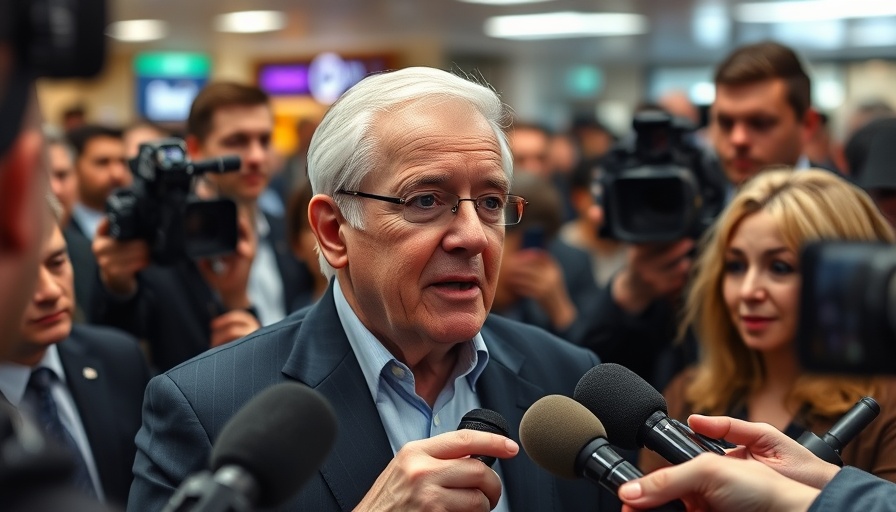
New College of Florida Reschedules Controversial Talk with Russell Brand
In an unexpected twist, New College of Florida has opted to reschedule its planned discussion with comedian Russell Brand, just days after he faced serious sexual assault charges in the U.K. Initially set for April 12, the event aims to explore critical topics surrounding free speech and civil discourse, yet has drawn sharp scrutiny from the public and student body.
Logistical Changes or Something More?
The school cited logistical challenges—specifically the unavailability of the original venue, the Sarasota Opera House—as reasons for the postponement. However, the timing raises questions about the influence of Brand’s recent legal troubles on the institution’s decision-making process. The college has moved the event to a smaller on-campus setting, limiting access and engagement amidst rising controversy.
Understanding the Broader Context
Brand is facing multiple counts, including rape and sexual assault, stemming from allegations by four women that reportedly occurred between 1999 and 2005. This investigation, which lasted 18 months, has now placed Brand in a precarious position as he argues his innocence, stating he's never engaged in non-consensual activities. Meanwhile, at least one group has already organized protests in light of the charges, shedding light on the increasing societal demand for accountability and dialogue about sexual misconduct.
The Impact on Free Speech and Civil Discourse
Despite the backdrop of the allegations, New College insists that the conversation remains relevant, emphasizing that free speech should not be overshadowed by current events. The institution seeks to foster open dialogue on pressing issues, though many wonder whether a platform for Brand is the best approach at this time. The rescheduling has sparked debates about how civic institutions can responsibly navigate free expression when intertwined with serious allegations.
As discussions around accountability and free speech continue to evolve, the situation at New College reflects a broader societal challenge. Balancing engaging discourse while addressing pressing social issues has never been more critical, and this incident may serve as a case study for future conversations in academia and beyond.
 Add Row
Add Row  Add
Add 



Write A Comment